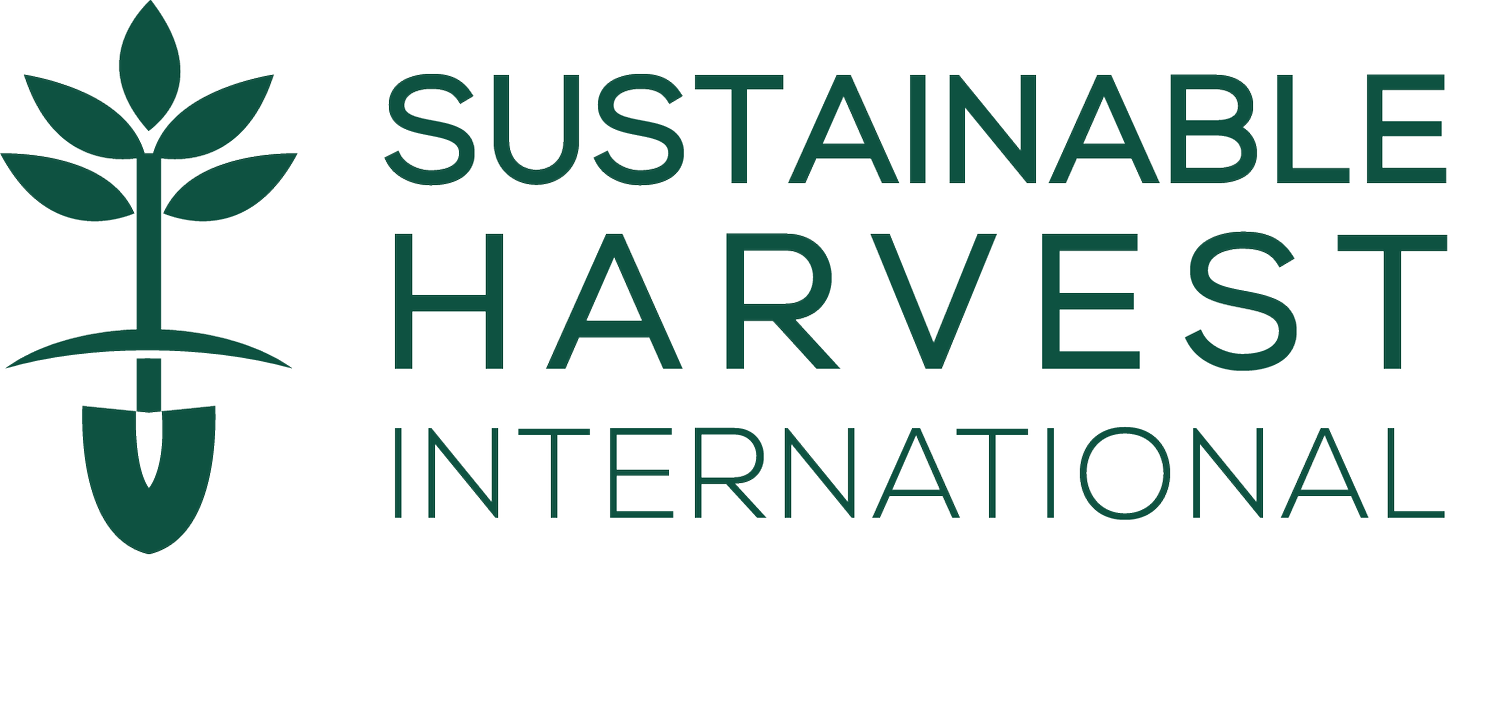SAN FRANCIsco campo
Partnering rural bank
SHI-Honduras field trainer Jaime Soto (far right) with members of the Rural Bank in San Francisco Campo.
In north-central Honduras, in the mountainous department of Yoro, lies a small farming community named San Francisco Campo. At the edge of the Locomapa River and far from big population centers, residents of San Francisco Campo have eked out a living as farmers. To bring their crops to market, it takes over an hour by car to reach the nearest city of Yoro, the department’s capital.
In rural Honduran communities like San Francisco Campo, economic opportunities are often scarce. But with the support and training of SHI, this community has banded together and pooled their resources to change that.
In 2014, 12 founding members established a rural bank. Run collectively, the Rural Bank of San Francisco provides much-needed access to credit, funding both individual and community-wide projects.
Rural banks empower local communities and foster local leadership. Here in San Francisco Campo, this has meant empowering local women.
This rural bank is led by women, who make up 75% of the bank’s board of directors.
OWNERS OF THEIR OWN CAPITAL
The bank’s founding members worked with SHI-Honduras field trainer Jaime Soto to ensure that once their 5-year partnership with SHI concluded, they’d be able to succeed on their own. For Jaime, establishing rural banks is some of the most impactful work he’s done in his 16 years at SHI.
“I believe that rural savings banks generate a very positive impact because families learn how to maintain their own funds. They are the owners of their own capital and they manage it.”
For rural families in Honduras, credit is often inaccessible. Many families in San Francisco Campo simply do not have adequate collateral to secure loans from private banks or the government.
But when established with the proper training and support, rural banks are locally-run, democratic institutions that provide lasting opportunities for community members. Although SHI’s work in San Francisco concluded in 2019, the rural bank continues to be an engine for community development.
A meeting of the rural bank in San Francisco Campo in May 2016.
Bank resources can be used to invest in the community’s well-being, like establishing tree nurseries for reforestation or building wells for clean drinking water. And during the global pandemic, the bank fulfilled critical services that benefited the entire community. According to bank member Erica Rodríguez, they evaluated how to overcome obstacles in selling crops and provided emergency loans to those in need.
Rural banks provide the seed money to improve livelihoods, allowing community members to build resilience and live sustainably, all while contributing to a healthier planet for us all.
They’ve named their bank “Esparciendo las Semillas” or “Spreading Seeds.” It’s a tribute to their work as farmers, and their vision for creating a more prosperous future today.





